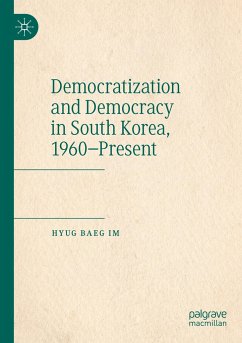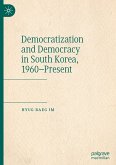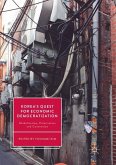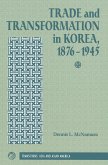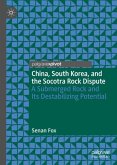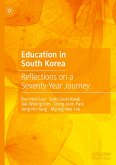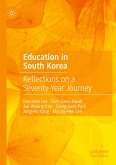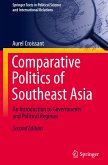This book analyses democratization and democracy in South Korea since 1960. The book starts with an analysis of the distinctive characteristics of bureaucratic authoritarianism and how democratic transition had been possible after inconclusive and protracted "tug of war" between authoritarian regime and democratic opposition. It then goes on to explore what the opportunities and constraints to the new democracy are to be a consolidated democracy, how new democracy had changed the industrial relations in the post-transition period, how premodern political culture such as Confucian patrimonialism and familism had obstructed democratic consolidation, and the improvement of quality of democracy. The author compares empirically, from the perspective of a comparative political scientist, political regime superiority of democracy over authoritarianism with regard to economic development. He concludes that "democratic incompetence" theory has been proven wrong and, in South Korea, democracy has performed better than authoritarian regimes in terms of economic growth with equity, employment, distribution of income, trade balance, and inflation.
This book will benefit political scientists, development economists, labor economists, religious sociologists, military sociologists, and historians focusing on East Asian history.
This book will benefit political scientists, development economists, labor economists, religious sociologists, military sociologists, and historians focusing on East Asian history.
"The book offers a wide overview of Korean democratization and a lengthy scholarly career committed to understanding it. ... This multi-faceted volume could serve many academic audiences from political science to Korean Studies and overall the book is a fine testament to a productive career and promises future contributions to our understanding of recent developments in the course of democracy in South Korean politics and society." (Inga Kim Diederich, European Journal of Korean Studies, Vol. 20 (2), 2021)

